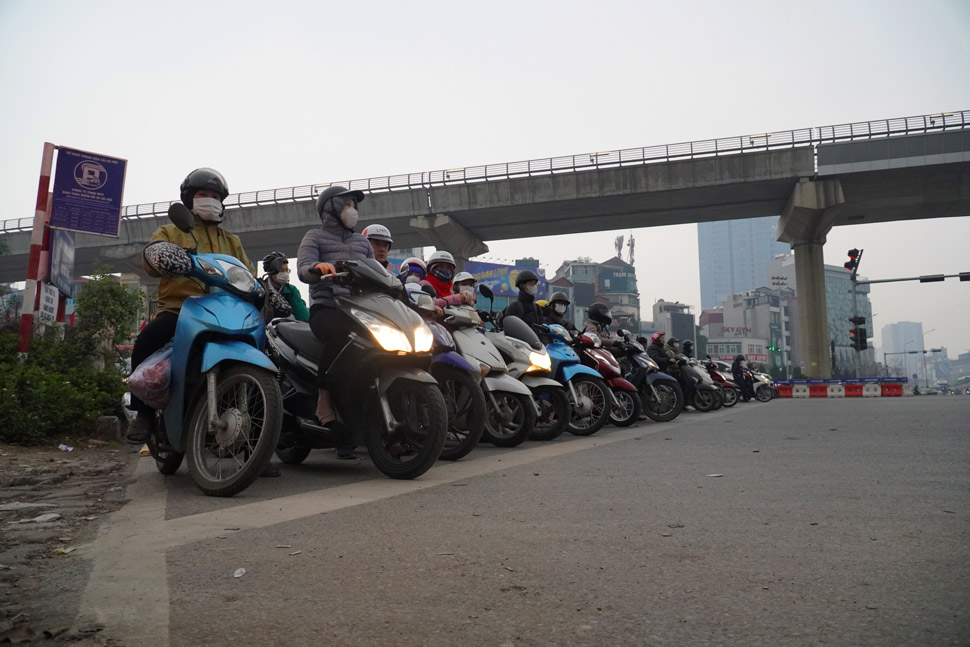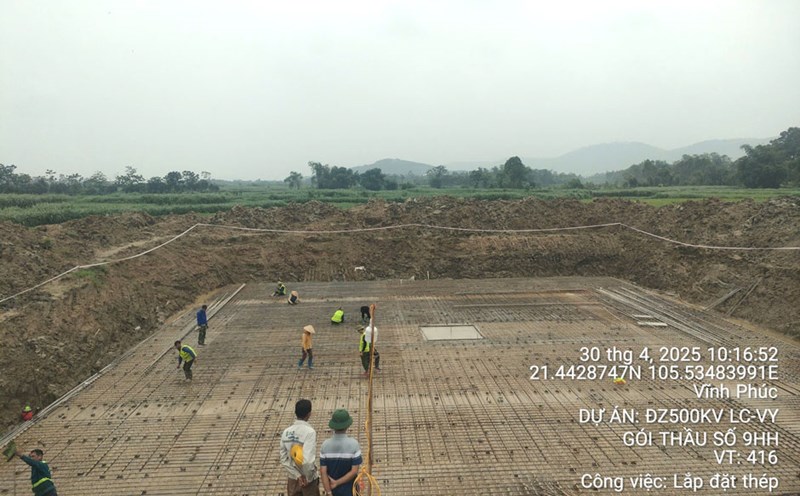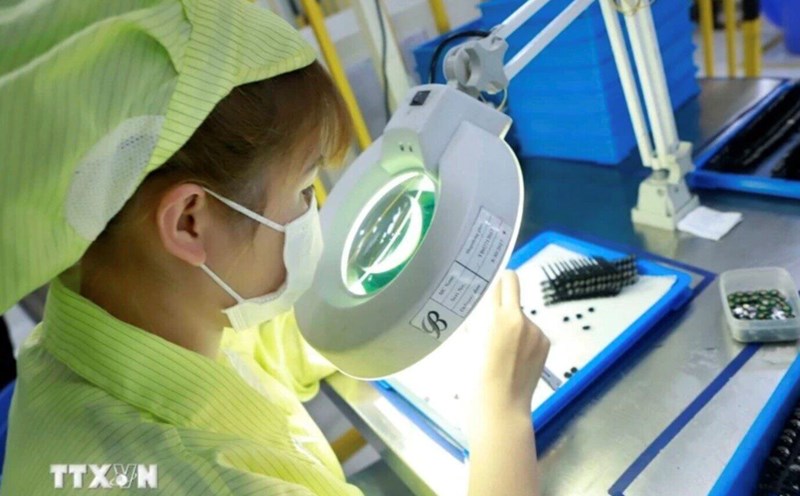
Increase fines to create deterrence
According to the submission of the draft Resolution regulating fines for some administrative violations in the field of road traffic, the Hanoi People's Committee proposed to increase the fine by about 2 times compared to Decree 168 for 107 violations in the field of road traffic. Some acts may be subject to a maximum fine of VND 120 million, applied from July 2025.
According to Mr. Nguyen Manh Hung (Cau Giay, Hanoi) - currently a technology driver, hitting the wallets of traffic participants will help raise people's awareness.
"It is undeniable that the effectiveness of improving traffic violations when Decree 168 was issued. Previously, when I traveled through the intersection of Nguyen Hoang - Pham Hung streets, it was not difficult to encounter cases of running red lights, encroaching on lanes, ... even going in the wrong direction, especially during rush hours. However, when Decree 168 was issued, red light running behavior was significantly reduced, significantly improving traffic conditions around the area.
Therefore, if we continue to apply increased fines for traffic violations, it will help raise people's awareness to limit violations. However, to avoid negative feedback from traffic participants, it is necessary to first improve infrastructure and signal light quality in key areas" - Mr. Hung shared.
Having been fined for traffic violations on February 15, 2025 while traveling from Khuat Duy Tien Street to the entrance to Ring Road 3, Mr. Hoang Minh (Bac Tu Liem, Hanoi) said that those who have been fined for violations under Decree 168 will immediately change their awareness of participating in traffic because no one wants to be fined again.
"After being fined for running a red light under Decree 168, I had to search and order additional warning devices on the vehicle to announce compliance with the law when participating in traffic. The fine of nearly 20 million VND for running a red light makes not only me but many people have to seriously comply with the law and change culture when participating in traffic" - Mr. Minh said.
However, according to Mr. Minh, the fines for traffic violations under Decree 168 are enough to deter and it is not necessary to continue to increase the fine. Mr. Minh also said that if the fine increases beyond people's ability to pay, it will be easy for vehicles to be abandoned, creating more pressure for parking lots to confiscate vehicles.
Necessary but selective
According to Prof. Dr. Tu Sy Sua - Senior Lecturer at the University of Transport, the proposal to increase the fine at this time is reasonable. The higher the fine, the greater the responsibility of each citizen when participating in traffic.
" complying with the law is the responsibility of every citizen, moreover, unsafe traffic participation not only threatens the lives of oneself but also those around them, so increasing the penalty level is necessary" - Dr. Tu Sy Sua emphasized.

Regarding solutions to limit negative feedback from people when violating, Prof. Dr. Tu Sy Sua said that if the authorities punish in a public, transparent and evidence-based manner, people will immediately comply. On the other hand, the money collected from traffic violation fines should be allocated partly to repair infrastructure, repair traffic lights, etc. to create the best conditions to help people comply with the law without encountering any problems or difficulties.
Sharing with Lao Dong on this issue, Dr. Nguyen Xuan Thuy - former Director and Editor-in-Chief of the Transport Publishing House said that to maximize the effectiveness of regulations on increasing fines for violations of traffic safety order, separate regulations and sanctions should be established based on the density of traffic participants.
"For big cities, there should be separate rules in the law so that people can apply them appropriately. For example, during rush hour, with high traffic density such as in Hanoi and Ho Chi Minh City, vehicles crossing lines or encroaching on lanes is unlikely to be avoided, so if the penalty level is increased too high for these violations, it will be difficult to handle. On the contrary, in areas with low traffic density, such violations need to be strictly increased in fines so that people can strictly comply.
Therefore, to maximize the effectiveness of legal regulations, authorities need to review, select and adjust each penalty level accordingly" - Mr. Thuy commented.










